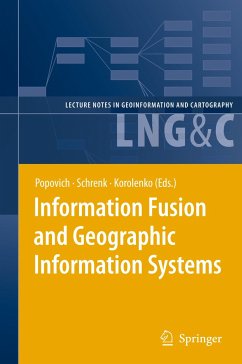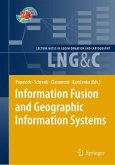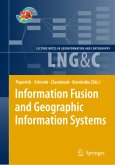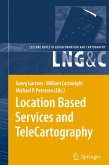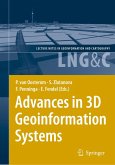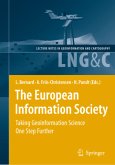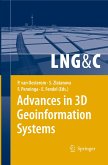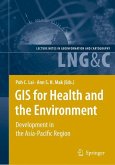These Proceedings of the Third International Workshop introduce research results in the areas of information integration, development of GIS and GIS-applications for a wide spectrum of information systems varying considerably in purpose and scale. The new class of GIS - intelligent GIS - is considered, including principles of their building and programming technologies. Special attention is drawn to the development of ontologies and their use in GIS and GIS-applications.
This volume contains the papers presented at the International Workshop "Inf- mation Fusion and Geographical Information Systems" (IF&GIS'07) held in St. Petersburg, Russia, during May 27-29, 2007. The workshop was organized by the St. Petersburg Institute for Informatics and Automation of the Russian Academy of Sciences (SPIIRAS). Research in the Geosciences field interprets the concept of Information Fusion as a synonym of an approach that permits research into all the problems and issues which program-makers and scientific researchers are faced with. Thus, topics that are to be covered during the workshop relate to issues such as harmonization, - tegration and information fusion. At the same time the spectrum of problems - der discussion exceeds the current bounds of developing GIS applications. This is a significant modern trend since GIS technology is more often used as an interface in support and decision making systems. As a result, it is difficult to consider Geoinformation Science without considering related scientific directions such as Ontology, Artificial Intelligent Systems and Situation Management.
This volume contains the papers presented at the International Workshop "Inf- mation Fusion and Geographical Information Systems" (IF&GIS'07) held in St. Petersburg, Russia, during May 27-29, 2007. The workshop was organized by the St. Petersburg Institute for Informatics and Automation of the Russian Academy of Sciences (SPIIRAS). Research in the Geosciences field interprets the concept of Information Fusion as a synonym of an approach that permits research into all the problems and issues which program-makers and scientific researchers are faced with. Thus, topics that are to be covered during the workshop relate to issues such as harmonization, - tegration and information fusion. At the same time the spectrum of problems - der discussion exceeds the current bounds of developing GIS applications. This is a significant modern trend since GIS technology is more often used as an interface in support and decision making systems. As a result, it is difficult to consider Geoinformation Science without considering related scientific directions such as Ontology, Artificial Intelligent Systems and Situation Management.

